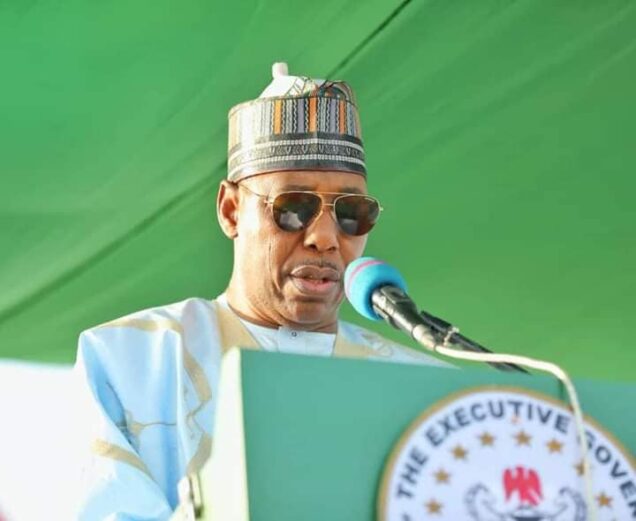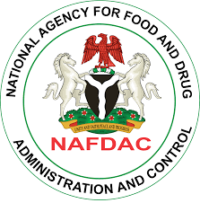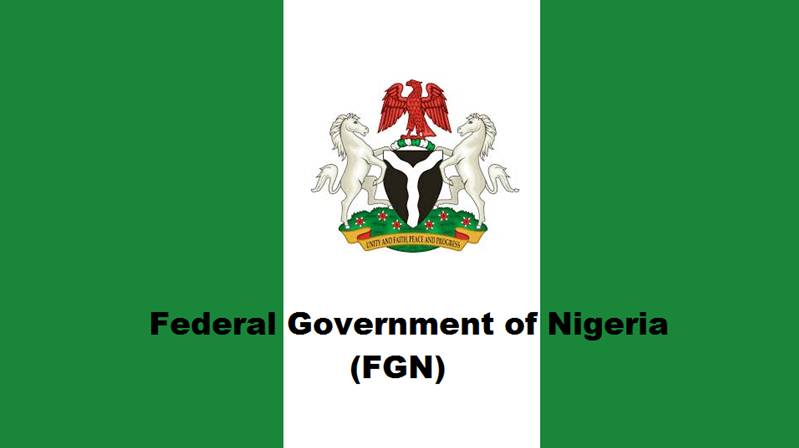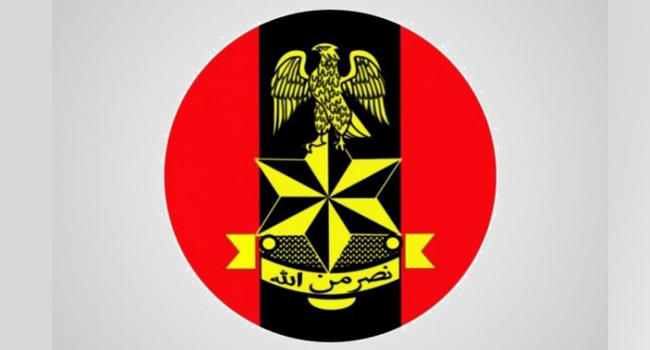Crime
Japan to spend around $12mn on ex-PM Abe’s state funeral
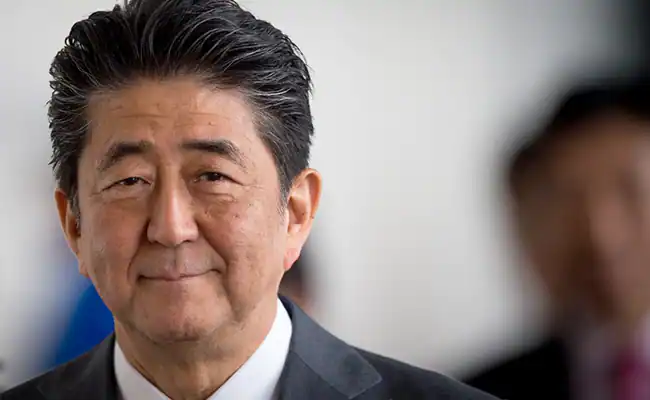
Japan expects to spend around 1.7 billion yen ($12 million) on a state funeral for assassinated former premier Shinzo Abe, the government said Tuesday, despite controversy over the plan.
Abe was shot dead on the campaign trail in July, and the government expects dozens of current and former heads of state to pay condolences at the September 27 service in Tokyo.
But recent polls show about half of the Japanese voters oppose the publicly funded event.
Security is expected to cost around 800 million yen, with another 600 million to be spent on hosting and 250 million for the ceremony, top government spokesman Hirozaku Matsuno said Tuesday.
“Delegates from more than 190 foreign (countries and regions) will likely participate,” he told reporters at a regular briefing.
The funeral will be held at Tokyo’s Nippon Budokan, a venue used for concerts and sports events that also hosted Japan’s last state funeral for a former prime minister in 1967.
Prime Minister Fumio Kishida has said the domestic and international accomplishments of Abe, the country’s longest-serving prime minister, make a state ceremony appropriate.
But state funerals for former politicians are rare in Japan, and a weekend poll published Monday by the Yomiuri Shimbun newspaper found that 56 percent of voters oppose the event, against 38 percent in favour.
Other recent polls have shown similar levels of opposition, and Kishida has said he is ready to answer questions on the issue in parliament.
His government’s approval ratings have taken a hit in recent weeks, in part due to the funeral decision.
Some opponents are against spending public money on an event honouring a politician, while others think a state funeral effectively forces public mourning or minimises Abe’s nationalist views and alleged links to cronyism.
Abe’s accused killer, Tetsuya Yamagami, who is in custody, targeted the former leader believing he was linked to the Unification Church.
Yamagami’s mother reportedly made large donations to the church, which her son blamed for the family’s financial difficulties.
A small private funeral for Abe was held at a temple in Tokyo shortly after his death, with thousands of people gathering outside to lay flowers and offer respects.
Crime
Police Foil Cult Initiation in Anambra, Arrest Six Suspects
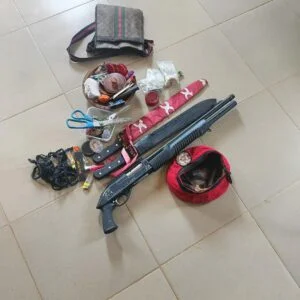
The Anambra State Police Command has foiled a cult initiation ceremony in Nawfia, Njikoka Local Government Area of the state.
Spokesperson for the Command, SP Tochukwu Ikenga, disclosed this in a statement issued on Tuesday in Awka.
According to Ikenga, the operation was carried out by police operatives around 9:30am on June 15, leading to the arrest of six suspects at the scene.
Recovered during the raid were one Jojef pump action gun, two cartridges, and a golden-coloured Lexus SUV with registration number ATN 202 AE. Other items found include two cutlasses, two scissors, a cap bearing the inscription of the Supreme Vikings Confraternity, charms, and substances suspected to be hard drugs.
“They are currently undergoing police interrogation to get more insight into their modus operandi, after which the case will be charged to court on the conclusion of the investigations,” Ikenga stated.
The police spokesperson reassured residents of the command’s unwavering commitment to fighting cultism and other related crimes across the state.
Crime
Court remands 2 over alleged attempted murder

An Ikeja Magistrates’ Court, Lagos, on Wednesday, remanded two persons, Olaitan Fasasi and Kehinde Tobiloba in a correctional facility over alleged attempted murder.
Fasasi, 40, and Tobiloba, 26, whose addresses were not provided, are being charged with conspiracy, attempted murder and membership of a secret society.
The Magistrate, Mr L.A Owolabi, did not take the plea of the defendants for want of jurisdiction.
Owolabi directed the police to forward the case file to the Director of Public Prosecution for legal advice.
He thereafter adjourned the case until May 31 for mention.
The Prosecutor, Josephine Ikhayere, told the court that the defendants committed the offences at about 5.02p.m on Feb. 15, at Mushin, Lagos.
She said that Fasasi, Tobiloba and others now at large, attempted to commit murder by shooting at a resident, Alfred Ademola.
“They armed themselves with a locally made gun. They belong to Eiye Confraternity, a group proscribed by law,”, she said.
Ikhayere said that the offences contravened Sections 230(1) and 411 of the Criminal Law of Lagos State, 2012.
He said that the actions of the defendants also contravened Section 2(3)(a)(b)(c)(d) of the unlawful societies and Cultism Law of Lagos State Law.
Crime
Man jailed 3 months for stealing mobile phone

An Area Court in Jos, on Tuesday, sentenced one Jeptha John, to three months imprisonment for stealing a Redmi mobile phone valued at N165, 000.
The judge, Shawomi Bokkos, sentenced the John after he pleaded guilty to the offence.
The judge, however, gave the convict an option to pay N20, 000 fine and N50, 000 restitution to the complainant.
Bokkos said that if the convict defaulted in paying the restitution, three months should be added to his sentence to make it six months imprisonment.
Earlier, the police prosecutor, Insp Monday Dabit, told the court that the case was reported at the B Division Police Station, Jos, on Dec. 1, 2024, by Ms Nerat Danjuma.
He said that the complainant alleged that the defendant trespassed into her house and stole her mobile phone valued at N165, 000.
The prosecutor further told the court that the offence contravened the Plateau State Penal Code, Law of Northern Nigeria.
-

 Headlines4 years ago
Headlines4 years agoFacebook, Instagram Temporarily Allow Posts on Ukraine War Calling for Violence Against Invading Russians or Putin’s Death
-

 Headlines4 years ago
Headlines4 years agoNigeria, Other West African Countries Facing Worst Food Crisis in 10 Years, Aid Groups Say
-

 Foreign4 years ago
Foreign4 years agoNew York Consulate installs machines for 10-year passport
-

 News1 year ago
News1 year agoZero Trust Architecture in a Remote World: Securing the New Normal
-

 Entertainment3 years ago
Entertainment3 years agoPhyna emerges winner of Big Brother Naija Season 7
-

 Headlines2 years ago
Headlines2 years agoNigeria Customs modernisation project to check extortion of traders
-

 Entertainment2 years ago
Entertainment2 years agoMovie download platform, Netnaija, announces closure
-

 Economy2 years ago
Economy2 years agoWe generated N30.2 bn revenue in three months – Kano NCS Comptroller



